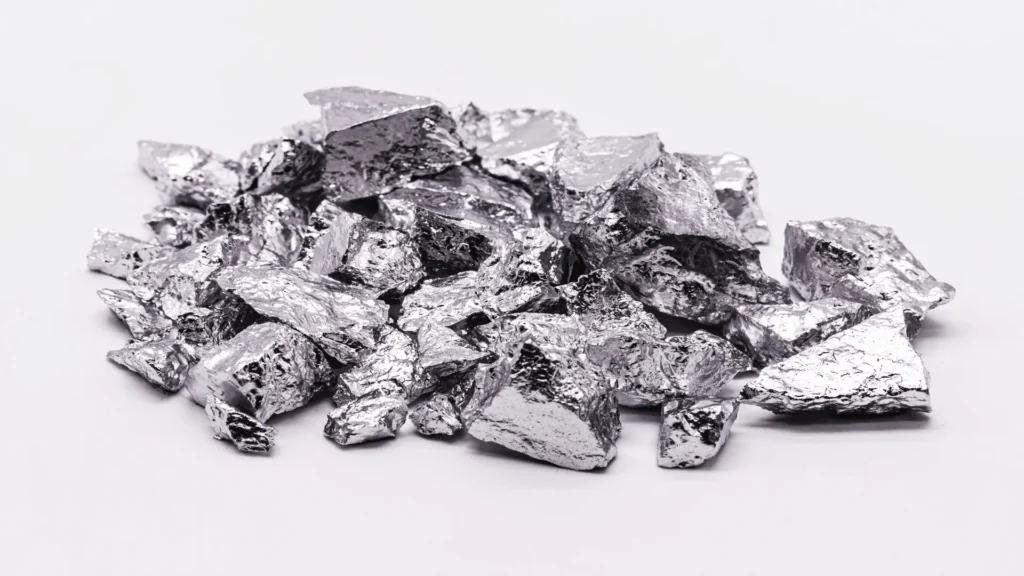
Inclusions and their impact on the corrosion of chromium alloys
Inclusions affect the corrosion resistance of chromium alloys in industrial applications.

Inclusions affect the corrosion resistance of chromium alloys in industrial applications.
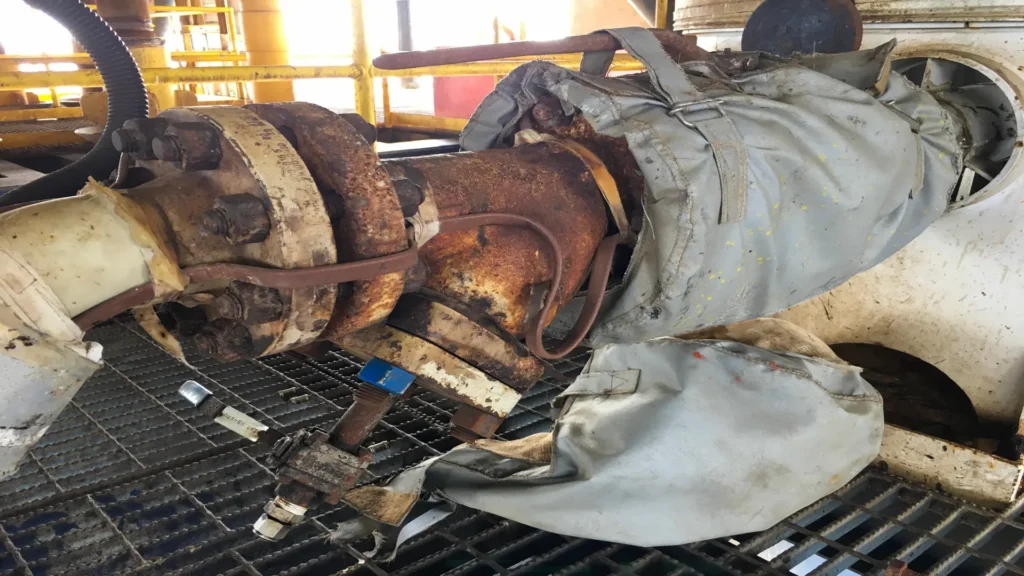
Protective coatings are necessary against corrosion under insulation (CUI), ensuring the integrity and operational safety of industrial equipment.

Although biomaterials offer environmental benefits, their implementation in developing regions faces economic and legal obstacles and cultural resistance to change.
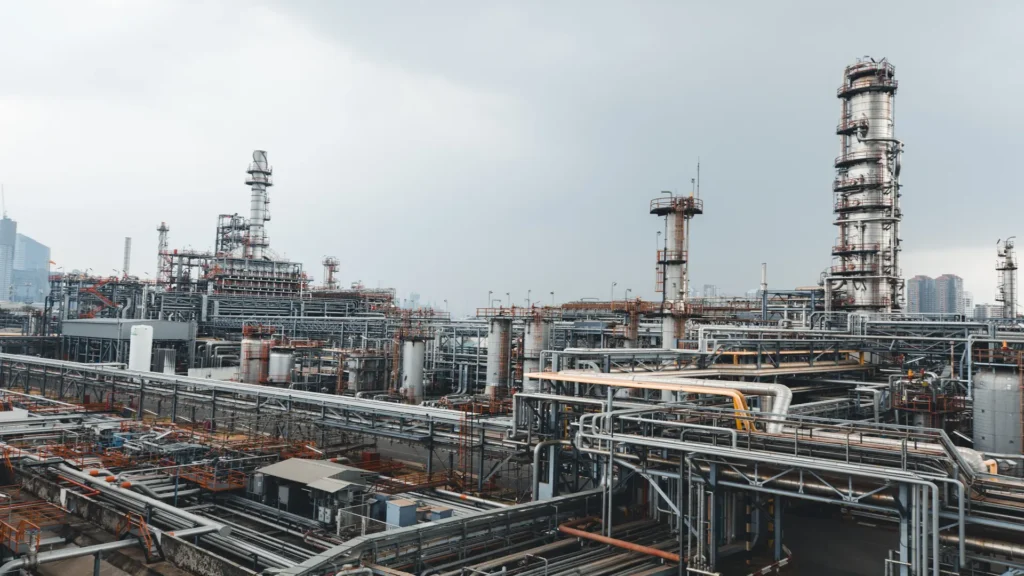
Filmogenic amines provide corrosion protection without physical coatings in aqueous systems.

Explore refractory materials that optimize efficiency, safety and durability in high-temperature boilers and furnaces.

Pipeline corrosion is a challenge in the oil and gas industry. Preventing it ensures operational integrity and prolongs asset life.

The renewable energy sector is expanding rapidly, driven by the global need to mitigate climate change and reduce dependence on fossil fuels. Technologies such as wind,…
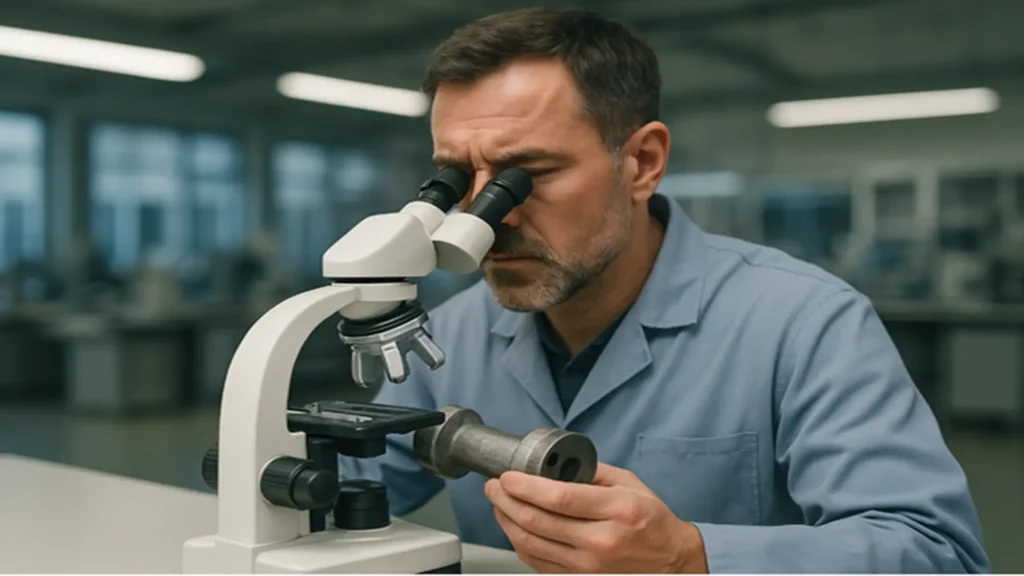
Analysis of premature corrosion failures and their impact on the reliability of industrial assets.
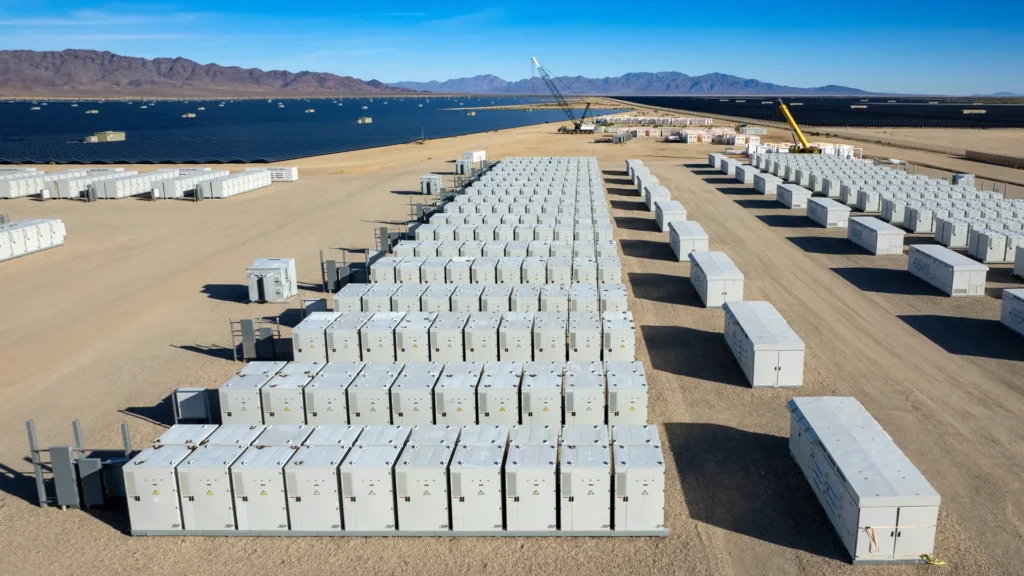
Learn about best practices to protect the performance of stationary batteries in electrical substations and renewable energy applications.
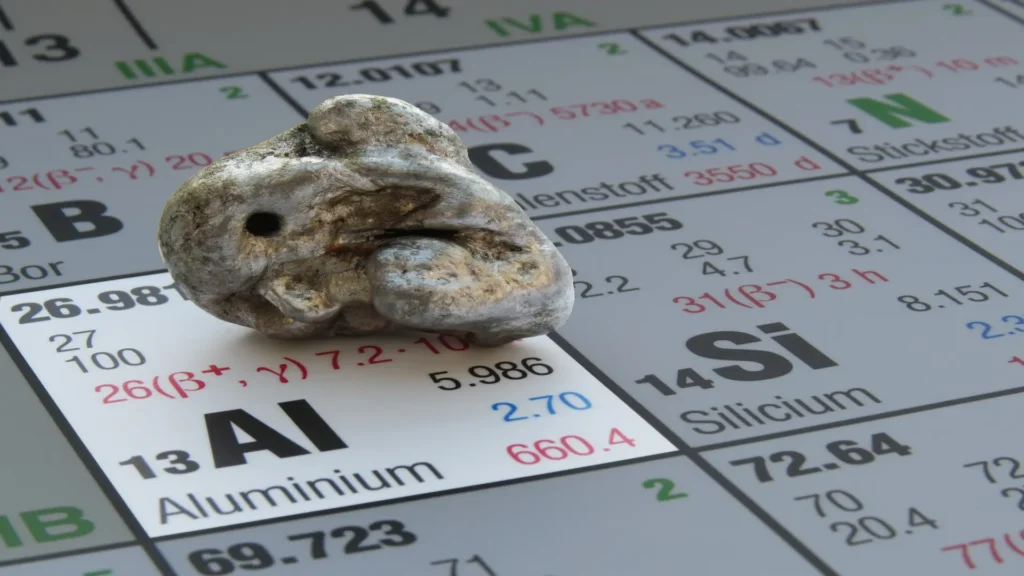
How aluminum is made: from bauxite to pure metal, thermochemical and electrolytic processes are applied to ensure its properties.

Remote monitoring of cathodic protection allows supervising systems without on-site inspection, detecting failures and optimizing the service life of metallic infrastructures.
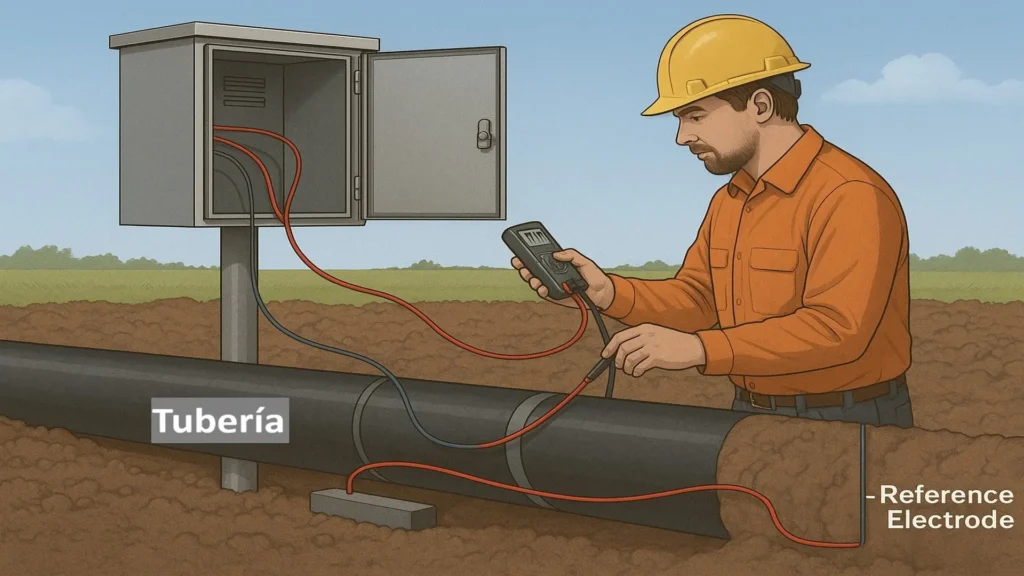
Orientation for professionals on the AMPP CP program, explaining its levels (CP1 to CP4), benefits and technical training in corrosion control.